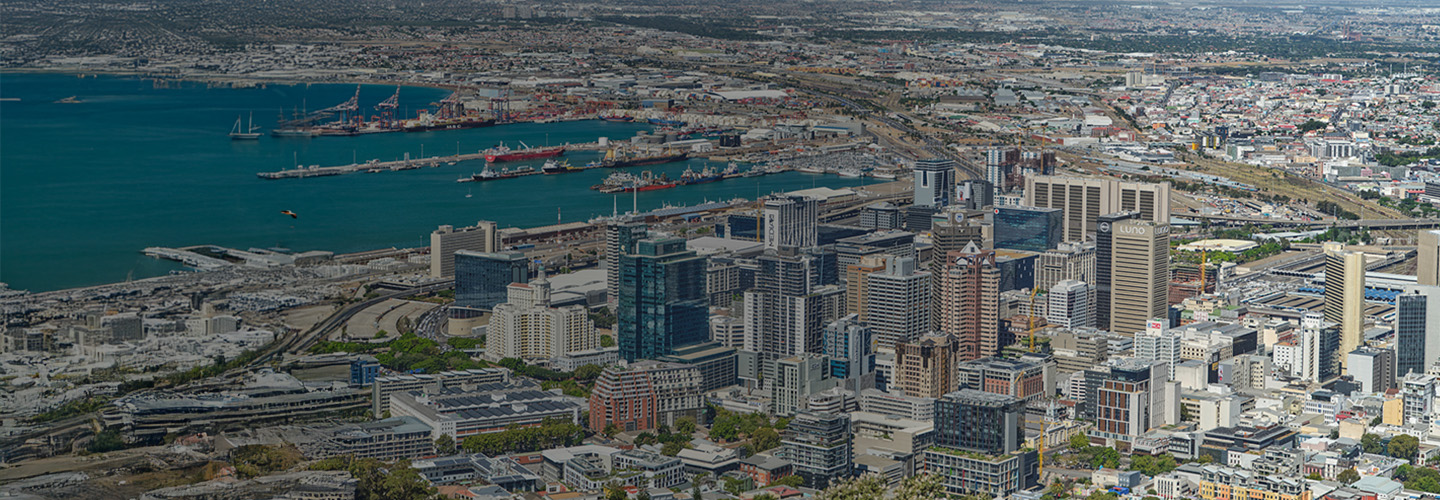Buying a home can be exhilarating and totally overwhelming at the same time. The home-loan application process is probably the most nerve-wracking part because without it, your dream home could be lost. You can lower your stress and improve your chances of success if you’re properly prepped before submitting your application. To help you do this, we’ve put together this guide on what you need to qualify for a home loan once you’ve made an offer on a property, and it has been accepted.
Qualifying criteria
First make sure that you meet the following requirements. These are the basics you need in place before your loan application can even be considered. You can avoid delays in the process by making sure you submit all this information and documents at the start. And remember, if you’re married in community of property, then your spouse will need to supply the same documents.
Here are the basic requirements for 3 different scenarios: if you’re employed, self-employed or applying for a loan to build your house.
Scenario 1
If you have a full-time job, you’ll need:
- To be over 18
- Your South African ID or passport (and your co-applicant’s if applicable)
- A good credit record
- Proof of income by way of latest payslips and bank statements if you don’t bank with Nedbank. Be prepared to provide bank statements for the past 3 months
- A statement of your monthly income and expenses, including debt repayments, and a statement of assets and liabilities
- A copy of the offer to purchase or sale agreement
Scenario 2
If you’re self-employed, you’ll need:
- To be over 18
- Your South African ID or passport (and your co-applicant’s if applicable)
- A good credit record
- Proof of income by way of latest payslips and bank statements if you don’t bank with Nedbank. Be prepared to provide bank statements for the past 3 months. Or a ‘letter of drawings’ from your accountant if you don’t produce a monthly salary slip
- Personal bank and business bank statements for the last 6 months
- A statement of your monthly income and expenses, including debt repayments, and a statement of assets and liabilities
- A copy of the offer to purchase or sale agreement
Scenario 3
When you’re applying for a building loan, you’ll need:
- To be over 18
- Your South African ID or passport (and your co-applicant’s if applicable)
- A good credit record
- Proof of income by way of latest payslips and bank statements if you don’t bank with Nedbank. Be prepared to provide bank statements for the past 3 months. Or a ‘letter of drawings’ from your accountant if you don’t produce a monthly salary slip
- Personal bank and business bank statements for the last 6 months
- A statement of your monthly income and expenses, including debt repayments, and a statement of assets and liabilities
- A copy of the offer to purchase or sale agreement (unless you already own the land)
- Provisional building or working drawings
- Building contracts or quotes signed by you and the builder
- Minimum specifications
- Schedule of variations or finishes
- Builder’s all risk insurance policy
- Original NHBRC enrolment fee certificate
- Engineer’s certificate (if structural reinforcement is necessary)
- Builder’s waiver of lien
- Standard home builder’s warranty from your builder, signed by you and your builder
Qualifying income
Your monthly household income is the biggest factor that determines how much you can afford. There are tools you can use to get an estimate of the loan amount you can afford:
- Use our affordability calculator to see how much you can afford.
- Use our pre-approval tool if you’re house-hunting or in the market for a home. This gives you an instant credit and affordability check based on the information you provide. This is only an indication of the loan amount you may qualify for – you still have to apply for the loan and provide the necessary supporting documents. the preapproval will help you search for properties within your affordability.
A good credit record
Your credit record is the ultimate measure used by lenders to determine the chances that you will honour your future debt obligations. If you’re seen to pay late or miss payments, you’ll find it more difficult to get affordable credit. So, you might still get credit, including a home loan, but your interest rate will be towards the upper end of the scale. That means your monthly payments will be higher, and the total interest you pay back will be more.
Some handy tips for managing your finances and credit record:
- Manage your credit facilities responsibly and curb wasteful spending habits.
- Avoid taking up unnecessary debt or making lifestyle choices you can’t sustain.
- Make sure all your accounts and debts are paid timeously, as your payment history affects your credit record.
- Make sure you have no judgments or adverse finding against your credit record.
- Usually, any history of non-payments or late payments on any loans or debt will lower your credit score and may result in your application for a home loan being declined.Bear in mind that your credit record and score are not the only measures that lenders look at, although they are certainly very important.
Where to apply for a home loan
The 2 easiest options when applying for a home loan with Nedbank are to do so online, or to contact 1 of our sales consultants. Best of all, you could qualify for special deals and offers when you apply online. These include a cash-back offer of up to R20,000 as well as discounts on the bond registration fees.
Another thing you’ll need to qualify for a home loan is lots of patience. It often takes years to build up a sizeable deposit, you then have to find the home you’re dreaming of owning, and then you have to wait the 3 or more months for the final admin to be finalised. In fact, waiting to hear whether your application was approved takes the least amount of time. Especially if you’re properly prepared and know what to expect.
Did you know that on average, Nedbank pays out around R1.3 million a month in cash back on home loans? In 2025, we paid out more than R16 million in cash back on home loans. For an affordable home loan tailored to your circumstances and value-added extras like up to R20,000 cash back and a 50% discount on your attorney bond registration fees, choose the bank that’s best for your money.
This article is for general information only and does not constitute financial advice under the FAIS Act. Nedbank accepts no liability for any loss arising from reliance on this content. Please consult a qualified advisor before making financial decisions.








